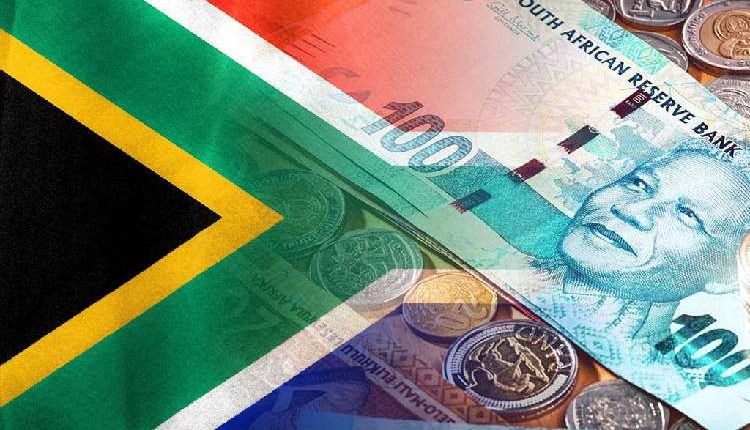South Africa‘s budget deficit will shrink in the upcoming years, at a pace slower than October estimates due to weak mining tax receipts, according to a Reuters survey, which also revealed the central bank would postpone interest rate cuts.
A survey conducted last week among economists revealed that in the fiscal year starting in March, the consolidated budget deficit will drop to 5.0 per cent of GDP. According to National Treasury estimates, that represents 0.4 percentage points less than previously believed.
There will likely be more delays in the ensuing fiscal years, with deficits expected to decrease from the government’s October estimates of 4.2 per cent and 3.6 per cent of GDP to 4.6 per cent and 4.2 per cent of GDP for the next two years.
“We are coming off a high base in terms of mining receipts, you will recall 2022 was a very good year with a windfall in mining taxes and very favourable commodity prices, unfortunately last year we had a slump in coal prices and also export volumes,” Isaac Matshego, a senior economist at Nedbank told Reuters.
In contrast to treasury estimates of 4.9 per cent of GDP, it is now anticipated that this year’s deficit has increased to 5.3 per cent of GDP.
Moreover, according to the survey, South Africa’s actual gross debt-to-GDP ratio will be 76.6 per cent of GDP in the upcoming fiscal year, with an average of roughly 78 per cent over the following three fiscal years.
The economy of South Africa is predicted to expand by 1.1 per cent this year, which is 0.1 percentage point less than last month’s prediction. This is a continuation of the trend of progressively weaker growth statistics, which also make it more difficult for the nation to raise taxes.
It is now anticipated that the South African Reserve Bank will hold off on cutting rates by 50 basis points to 7.75 per cent between July and/or September until the third quarter of this year. It was predicted in a January poll that it would drop by 25 basis points in May.
South Africa’s economy should begin to do slightly better by the end of 2024, according to Capital Economics’ Africa economist David Omojomolo.
“The issues at ports have eased and load-shedding (power shortages) at the start of this year, has overall been less intense compared to last. At the same time, fiscal policy will become more supportive as the election closes in and we also expect the SARB to eventually start lowering interest rates,” added Omojomolo.


